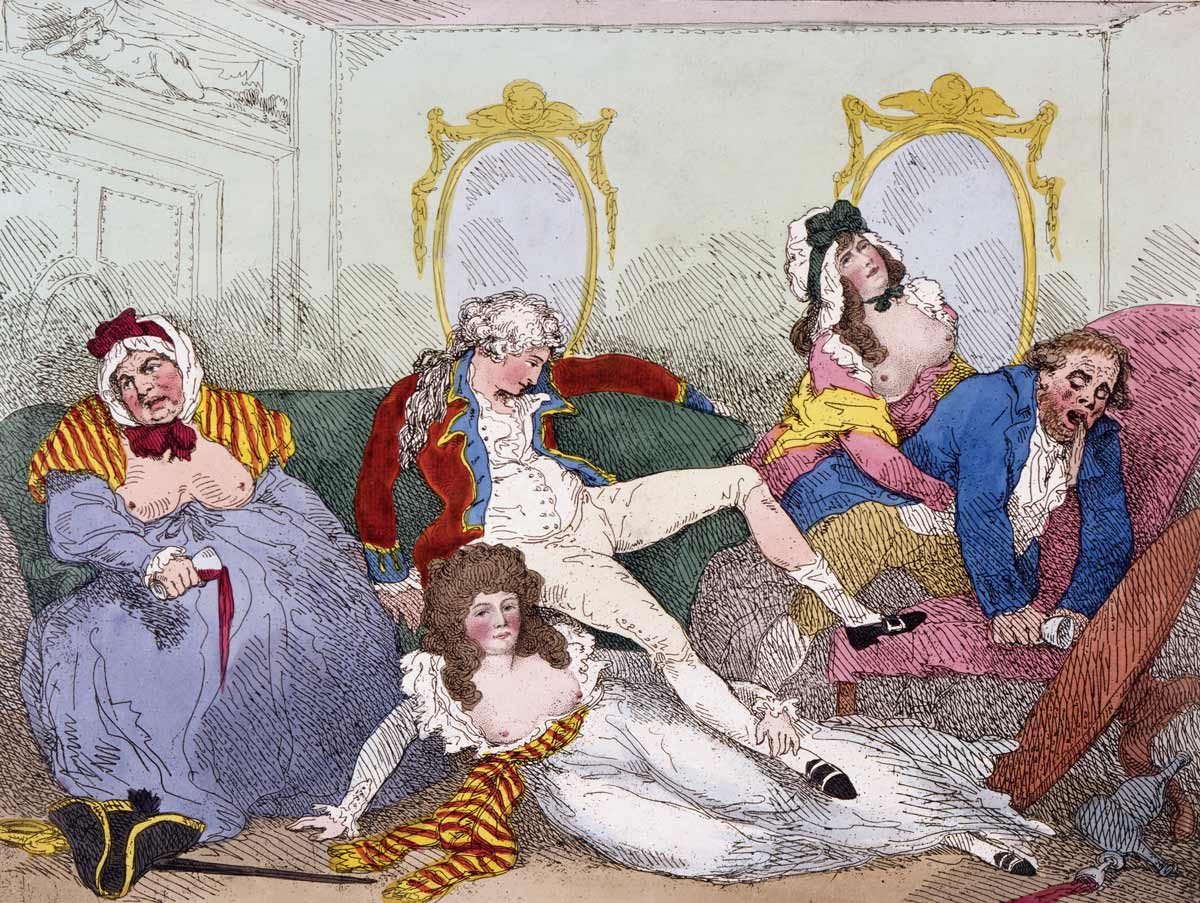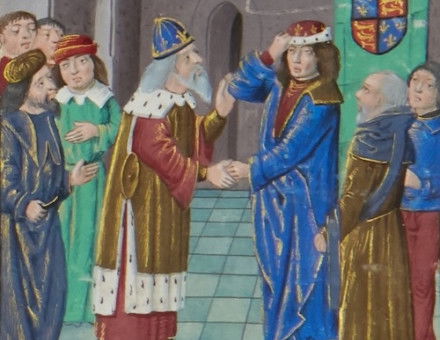The Unrefined Regency
Crime and punishment, theatre, sex, war, and empire.

One wonders what more can be added to a rich seam of Regency history already well-mined. However, Robert Morrison manages to make an enjoyable book full of anecdotes and scenarios of both the rich and famous, the poor and exploited alike. Most of his primary sources are literary: Byron, Shelley, Carlyle, Coleridge, Cobbett, Scott and Wordsworth are given their due, but he gets his women in as well, including Jane Austen, Fanny Burney, Mary Shelley and Maria Edgeworth. He also dredges up lesser-known mortals such as Pierce Egan, who recollects life in London with highlights of excessive gambling, use of ‘flash language’, bare-fisted boxing and overall libertinism.
Morrison’s breadth of reading is impressive, covering crime and punishment, theatre, sex, war and empire as well as the shifting landscape of the Industrial Revolution. The highs of the era seen in great feats of engineering are set against the riots of the unemployed as they are plunged into depths of poverty with the introduction of new-fangled machinery and the Corn Laws. The uprisings of the aggrieved masses at demonstrations threatened authority, whose reaction was to cut them down at the Peterloo Massacre in 1819.
Racing through a litany of thieves, prostitutes, drinking dens, brothels, gin shops and gangs of child pickpockets, the Regency is stripped of its refinery. Grave robbers, or ‘Resurrection Men’, responded to the dearth of bodies needed for dissection at the teaching hospitals in London. A highlight is Joseph Naples’ diary describing his body snatching work with the ‘Borough Boys’ of Southwark and the type of bodies obtained – ‘Went to Bunhill row got 6, 1 of them … named Mary Rolph, aged 46.’ Familiar figures from the middling sort and elite are also touched on – the Prince Regent, courtesan Harriette Wilson, lesbians Anne Lister and the Ladies of Llangollen and pederast William Beckford.
Morrison is best when he provides depth and concentrates on a particular person or event, as in his description of the only assassination of a British prime minister. In October 1809, the Evangelical Tory Spencer Perceval, father of 12 children, was shot by an aggrieved John Bellingham, who believed he had been neglected by the government – they had failed to rescue him when he landed in a Russian prison after a failed business venture. Both Byron and William Cobbett witnessed his execution, the latter musing that the support of the crowd for Bellingham displayed ‘the deep discontent that they felt at the terrible laws that had been passed … to abridge their liberties’. The contemporary legal system, known as ‘The Bloody Code’, contained over 200 crimes punishable by death. Percy Shelley was to condemn it, believing: ‘There is probably no other country in the world in which so many and so great a variety of human actions are punishable with loss of life as in England.’
Many anecdotes of important figures are much shorter, as with the prison reformer Elizabeth Fry; after a visit to Newgate female prisoners in 1813, she wrote: ‘The filth, the closeness of the rooms, the ferocious manners and expressions of the women towards each other, and the abandoned wickedness, which every thing bespoke, are quite indescribable.’
Covering entertainment, Morrison peppers his survey with thumbnail sketches of the most popular actors of the day. Dorothy Jordan, despite her age, was still holding her own as the queen of comedy, having borne ten illegitimate children to the Duke of Clarence. Sarah Siddons retired on the evening of 29 June 1812 to sensationally loud applause. Of John Kemble playing Coriolanus, Fanny Burney marvelled: ‘I never saw a more truly noble performance.’ Jane Austen was equally adoring of Edmund Kean’s Shylock, drooling: ‘I cannot imagine better acting.’ They are among the cast of people who populate the events covered in this well-written introduction to the Regency.
The Regency Revolution: Jane Austen, Napoleon, Lord Byron and the Making of the Modern World
Robert Morrison
Atlantic 350pp £20
Julie Peakman is the author of Licentious Worlds: Sex and Exploitation in Global Empires (Reaktion, 2019).




